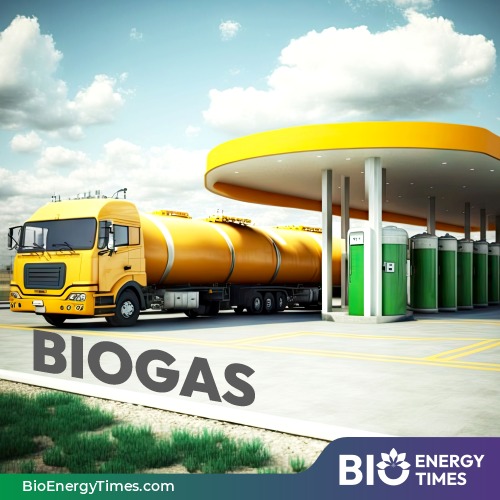Syzygy Plasmonics has announced the launch of its first NovaSAF-1 modular plant in Durazno, marking a major step in renewable fuel production in Latin America. The facility will convert dairy waste into PBS (power-to-biofuels solution) using biogas and renewable energy, supported by Honeywell UOP’s Unicracking hydrocracking technology, reports Inspenet.
The plant is designed to avoid combustion during production, significantly cutting emissions linked to fuel manufacturing. With a planned output of more than 350,000 gallons a year, NovaSAF-1 aims to serve as a model that can be replicated across more than 50,000 biogas plants worldwide.
Trevor Best, CEO of Syzygy Plasmonics, said the company’s modular approach lowers risks, speeds up deployment, and helps achieve prices close to conventional Jet-A fuel. “By combining waste resources and renewable energy, we can produce large volumes of clean fuel at competitive costs,” he said.
The project is a joint effort between Syzygy and Honeywell, aimed at addressing two challenges in PBS production: high costs and limited feedstock. Rajesh Gattupalli, president of Honeywell UOP, said the partnership shows how modular solutions can scale up sustainable fuel production.
The International Energy Agency projects that by 2030, over 40% of biofuels will be sourced from waste and non-food crops. The NovaSAF-1 plant supports this vision by creating renewable fuels without competing with food supplies, setting an example for aviation and other sectors seeking low-carbon energy solutions.














